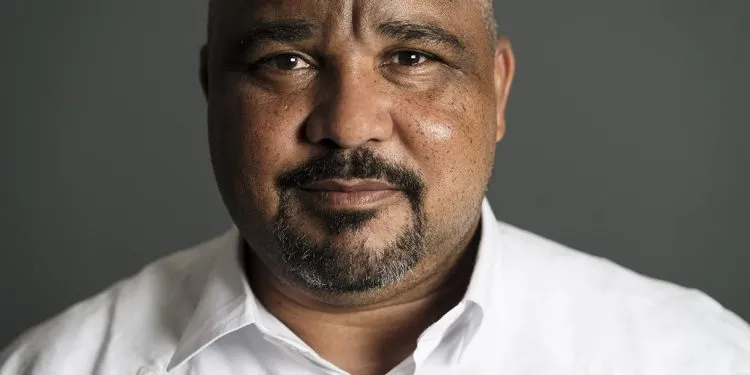The Chairman of the Social Democratic Front (SDF), Hon. Joshua Osih, has once again been maintained as Questor of the 10th Legislature in the Cameroon National Assembly.
Osih, the sole opposition Member of Parliament (MP) elected for this role, has held the position for the fourth consecutive term.
The election took place on Friday, March 22, during the proceedings where the new bureau of the House was elected.
Notably, Hon. Cavaye Djibril, 82, was re-elected as Speaker, a position he has held since 1992.
Despite the SDF Party’s inability to form a parliamentary group, Osih’s continued appointment as Questor underscores his prominence within the Parliament.
However, Osih’s re-election by the Cameroon People’s Democratic Movement (CPDM) has led to speculation about his relationship with the ruling regime.
Earlier, he was embroiled in controversy over budgetary lines 65 and 94, which allowed the Ministry of Finance to support struggling domestic companies.
These allegations cast doubt on Osih’s independence and raised questions about his dealings with the government.
As per the standing orders of the National Assembly, Questors are tasked with preparing the draft budget of the Assembly for submission to the Bureau before it undergoes examination and voting by the Finance Committee.
Additionally, Questors oversee the finances of the National Assembly and have access to all necessary accounting records and vouchers for financial control purposes.
Despite being in the opposition, Osih’s retention as Questor highlights the limited representation of opposition parties within the assembly’s leadership structure.
Out of the 180 MPs, only four opposition members were appointed to positions in the new bureau, signaling a lack of parity in parliamentary representation.
Among the five Deputy Speakers, only one hails from the opposition, while two out of the 12 secretaries in the house are opposition members.
This disparity in representation underscores the dominance of the ruling CPDM party, which holds the majority of seats in the assembly.
The party, headed by President Paul Biya, has been in power since 1985, when it was founded.
In the current legislature, whose mandate will end next year, the distribution of seats reflects the CPDM’s overwhelming presence, with 152 MPs.
The opposition parties have the following seats: UNDP (7), SDF (5), PCRN (5), UDC (4), FSNC (3), MDR (2) and UMS (2).



